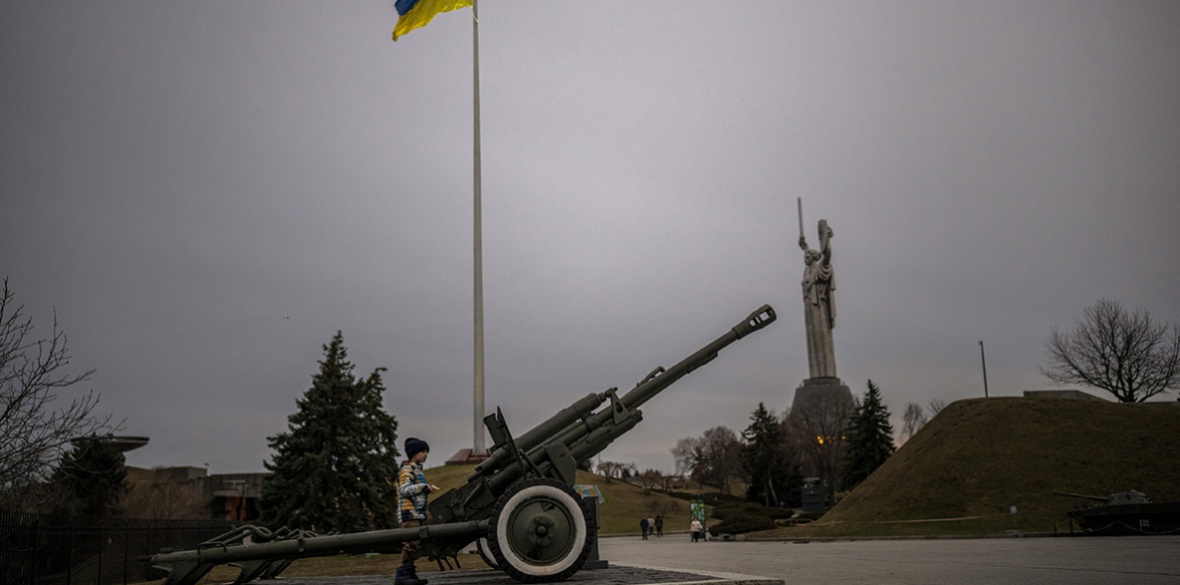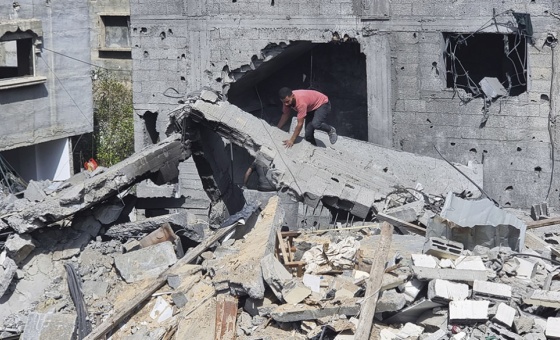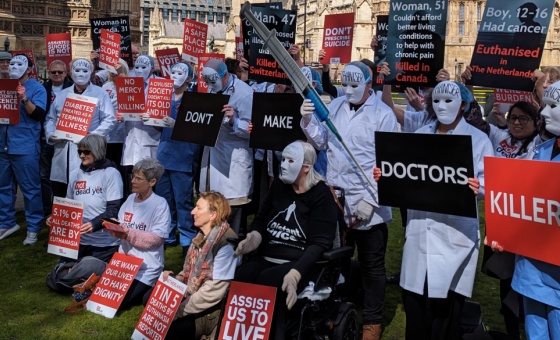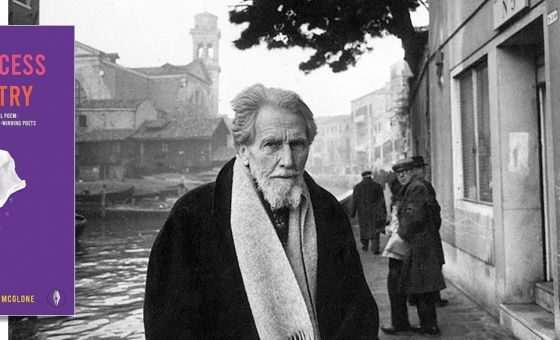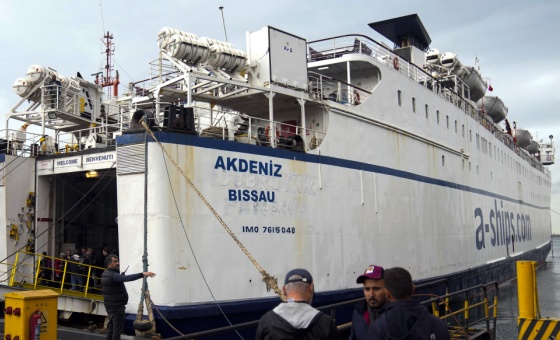This is the last article you can read this month
You can read more article this month
You can read more articles this month
Sorry your limit is up for this month
Reset on:
Please help support the Morning Star by subscribing here
THE EUROPEAN UNION slapped new sanctions on Russia today as an international observer mission in the Donbass reported worsening border violence.
Asset freezes and travel bans targeted hundreds of Russian officials and MPs as Brussels responded to Russian President Vladimir Putin’s recognition of independence for the breakaway Ukrainian regions of Donetsk and Lugansk, which have been at war with Ukraine since 2014.
The Organisation for Security & Co-operation in Europe, which has monitors on the ground in the Donbass, said today that it had recorded 703 ceasefire violations the previous day in Donetsk and 1,224 ceasefire violations in Lugansk, with violations from both sides.
Mr Putin justified recognition of the separatist regions and deployment of Russian troops to them on Monday night by saying a Ukrainian assault was imminent and would result in a massacre of the regions’ ethnic Russians, something local leaders had appealed to him to prevent.
He has since clarified that he recognises the territorial claims of the self-declared Donetsk and Lugansk “people’s republics,” which correspond to the entirety of the Donetsk and Lugansk oblasts (regions) of Ukraine, a much larger area than that actually controlled by the separatists.
The clarification has raised fears that Russia may march its forces over the existing line of control and into direct conflict with Ukrainian troops. The area claimed includes the Black Sea port of Mariupol, headquarters of the notorious Ukrainian neonazi Azov Battalion.
But it was unclear today if the Russian army had arrived. Donetsk separatist leader Denis Pushilin said there were no Russian troops on the territory today, though a more junior official in his administration, Vladislav Brig, said there were.
Russia ordered the evacuation of its embassy in Kiev, saying its staff were under threat, while Ukraine called for Ukrainian citizens living in Russia — there are believed to be over three million, mainly economic migrants — to return home.
Ukrainian President Volodymyr Zelensky said today that he wanted to negotiate, though he did not refer to three demands made by Mr Putin as the way to resolve the crisis: recognition of Russian sovereignty over Crimea, a commitment not to join Nato and a partial demilitarisation.

